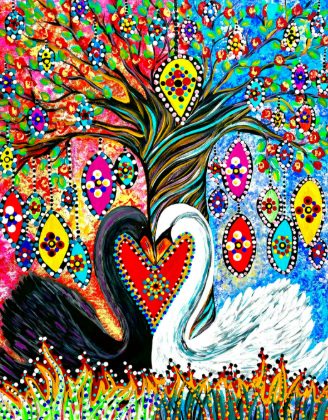Understanding the ADHD Child by Ashley Shaffer, LCMHCA
- officeadmin01
- Jan 7, 2025
- 2 min read

Trying to understand Attention-Deficit Hyperactive Disorder (ADHD) can feel daunting, as it is a highly complex disorder. Parents of children with ADHD may struggle to help their children cope with their symptoms and effectively parent them because they do not fully understand it. Learning more about ADHD and how it affects their child’s behavior is an essential step toward an effective parenting relationship.
ADHD is a mental health disorder that affects areas of the brain associated with executive functions. About 15% of boys and 8% of girls in the US have been diagnosed with ADHD, according to the CDC (2024). There are three types of ADHD that describe the primary expression of symptoms: Predominantly Hyperactive-Impulsive Type, Predominantly Inattentive Type, and Mixed Type.
Others often misinterpret symptoms of ADHD as laziness, inconsideration, immaturity, or unintelligence. In reality, children with ADHD struggle with a lack of motivation, disorganization, issues with working memory, “time blindness,” and emotional dysregulation because of their disorder. Other symptoms include impulsiveness, hyperactivity, and inattention, which come from a lack of stimulation in the brain. Children with ADHD often struggle emotionally, behaviorally, and socially. So, what can parents do to help?
The ADHD child must receive plenty of encouragement. It is easy for a child to internalize negative feedback, especially when they struggle more than other kids. Encourage your child when they do things right or well. Children with ADHD can be some of the most creative and innovative kids!
Encourage your child to find effective coping skills. Does a fidget toy or classical music help them complete homework faster? Does a timer or digital clock keep them on time for school? Would a new book work as an effective motivator for chores? Could a chore chart or whiteboard keep them more organized?
Lastly, make an effort to understand. Don’t assume your child is doing things to be difficult or selfish. Talk with your child about their feelings or struggles, and work with them to find solutions. Children are far more receptive to parenting when they are involved in it.
If you or your child are experiencing behavioral/emotional struggles related to ADHD, The Center for Creativity and Healing offers counseling for children and adults. This posts author, Ashley Shaffer, has completed extensive training in providing clinical services for the ADHD population. To learn more about our ADHD services and get started with a therapist, call 704-659-3755.
References
Centers for Disease Control. (2024). Data and statistics on ADHD. https://www.cdc.gov/adhd/data/index.html



Comments